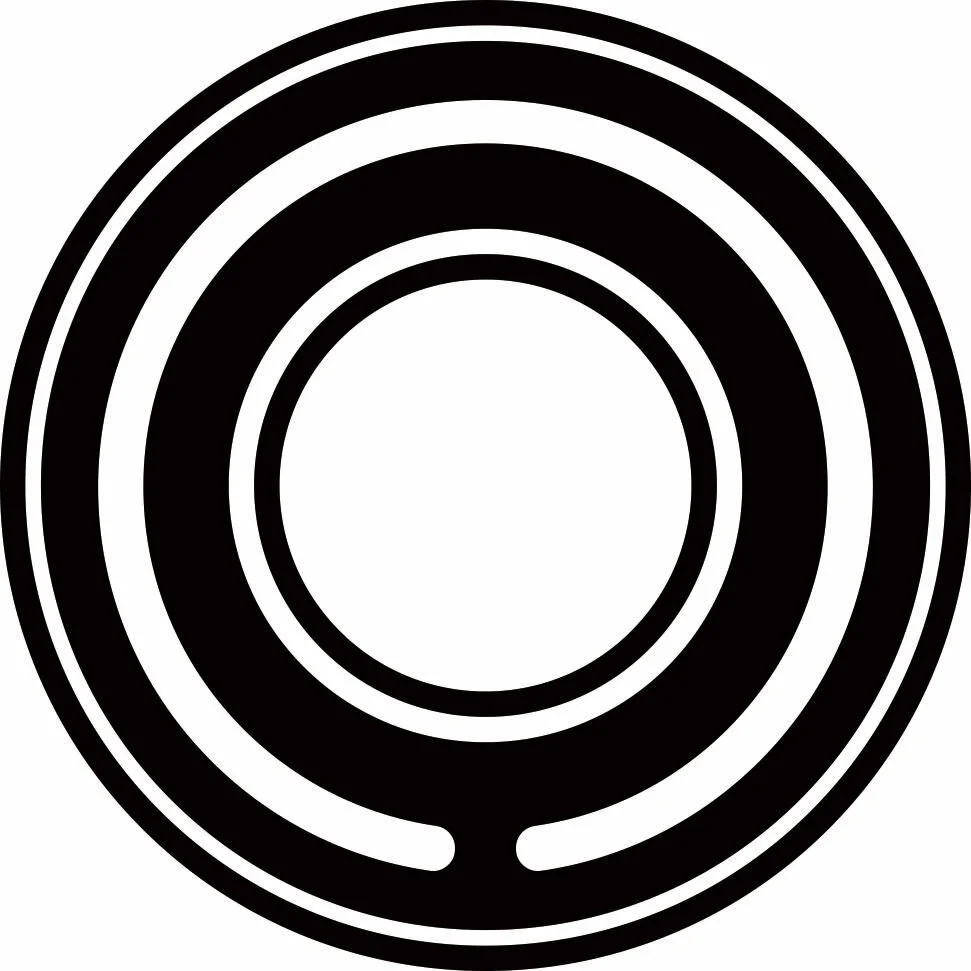The Thing About Relationships (Part 2)
Image by Annie Spratt from Pixabay
In my last post, I included an excerpt from a post by David Whyte that spoke to how enduring friendships are based on a measure of forgiveness and an acceptance of our own imperfections.
That same post also spoke to how our friendships act as a window into our lives:
“The dynamic of friendship is almost always underestimated as a constant force in human life: a diminishing circle of friends is the first terrible diagnostic of a life in deep trouble: of overwork, of too much emphasis on a professional identity, of forgetting who will be there when our armored personalities run into the inevitable natural disasters and vulnerabilities found in even the most average existence.”
For many reasons, that paragraph spoke to me, in particular, how “a diminishing circle of friends is the first terrible diagnostic…of too much emphasis on a professional identity”. It’s fair to say that in the pursuit of my own professional identity, I’ve been more than a little guilty of this.
The fact is that we spend so much time at work that in sheer volume terms, it tends to dominate our lives. And then if you feel, as I do, that work should be a passion, and that you should strive to do work that tends towards some sort of broader goal, then it only becomes more so. Add to this how we tie in our perceptions of self-worth, our imagined thresholds of what is “success”, etc., then that dominance, that mind share, becomes all encompassing.
And, invariably, unless we are disciplined enough to work at it, this has consequences. And the first casualties are almost always social in nature. We spend a little less time with those close to us. We don’t make that phone call “just to catch up”. We spend our spare time thinking about what we need to get done at work versus how we can be there for others in our lives.
It’s not much at first, and no one really notices in the beginning, but it builds over time. And then one day, our entire focus, our mental bandwidth, our thinking is oriented more inwards towards ourselves as individuals than us as a member of a broader network.
Unless, of course, we stop, take a step back and think. Until we recognize that our close friendships and our relationships are what keeps us sane. That our personal relationships carry far more weight and value than our professional one, at least in terms of our mental health, our stability, our happiness.
All easier said than done, I understand. I’m not going to offer answers here because I don’t have them. I have ideas, but I’m not sure mine will be any better than yours.
But regardless of the difficulty, it doesn’t mean we shouldn’t keep trying.
As I said, I’m more than a little guilty of this myself, but as the old cliche says, now is always the best time to make a change. So, to quote Jules from Pulp Fiction: I’m trying, Ringo. I’m trying real hard….
But no matter the medicinal virtues of being a true friend or sustaining a long close relationship with another, the ultimate touchstone of friendship is not improvement, neither of the other nor of the self; the ultimate touchstone is witness, the privilege of having been seen by someone and the equal privilege of being granted the sight of the essence of another, to have walked with them and to have believed in them, and sometimes just to have accompanied them for however brief a span, on a journey impossible to accomplish alone.”







